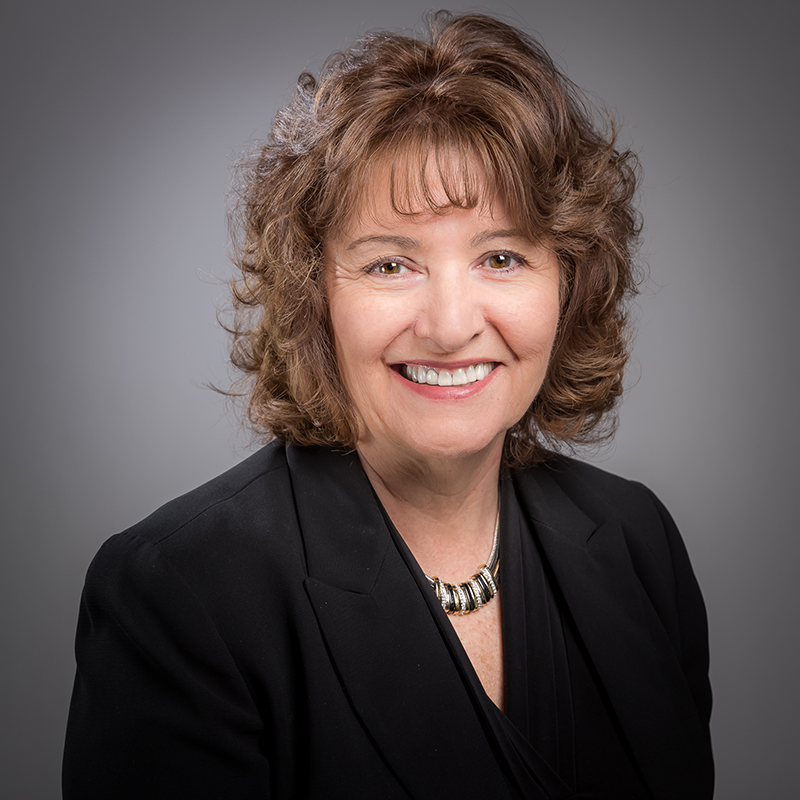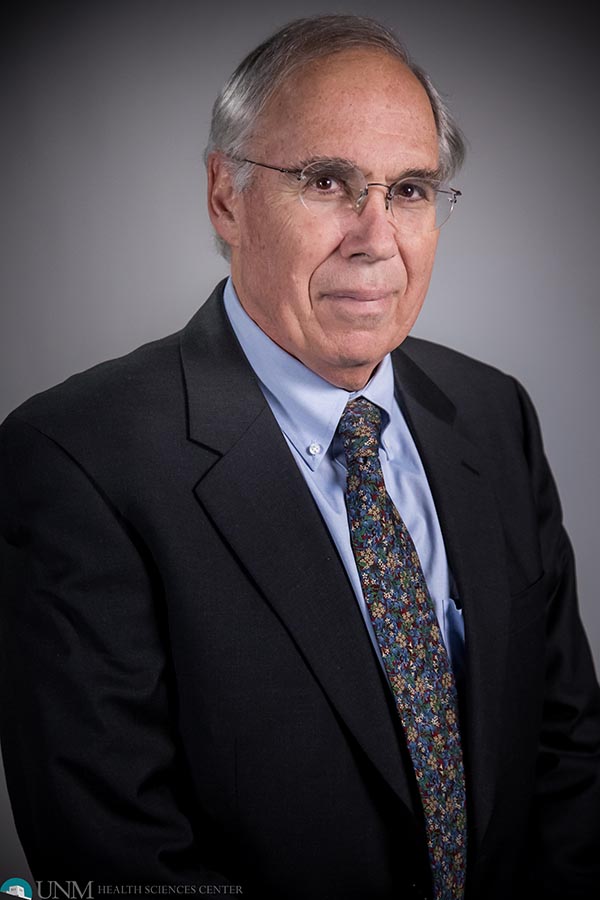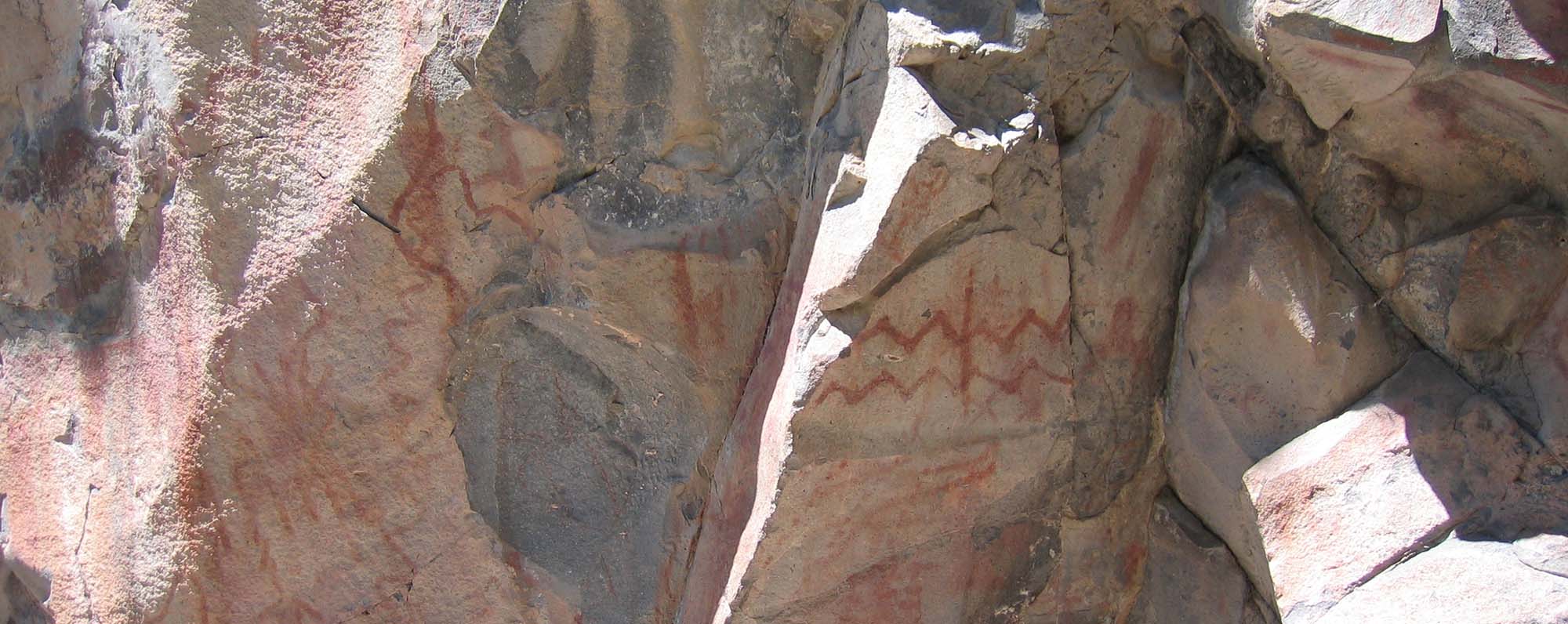University of New Mexico Health Sciences researchers are partnering with colleagues at two Midwestern universities to develop a culturally appropriate toolkit to evaluate American Indian patients for Alzheimer’s and other dementias.
The Addressing Alzheimer's Disease and Related Dementias Disparities: The American Indigenous Cognitive Assessment (AMICA) project will engage American Indian populations at three sites, said Tassy Parker, PhD, RN, director of the UNM Center for Native American Health (CNAH) and a multiple principal investigator on the grant.
The project is supported by a five-year, $10 million grant funded by the National Institute on Aging. Collaborators include researchers from the University of Minnesota Duluth and the University of Wisconsin–Madison.

Our collaborative study with three distinct Indigenous populations supports the cultural core value of honoring elders by preserving their knowledge, memories and oral traditions for as long as possible
“We’re applying an Indigenous theory of blending Indigenous knowledge and wisdom on equal footing with Western science for the benefit of elders, their families and their communities. By achieving our study aims we’ll deliver the first culturally adapted cognitive assessment battery for American Indian adults in the U.S.”
The toolkit will include a cognitive assessment, a caregiver report of symptoms of dementia, evaluation of depression symptoms and an inventory of changes in activities of daily living.
According to the Centers for Disease Control and Prevention, “indigenous rates of Alzheimer’s disease and related dementias is approximately three times higher, with a 10-year earlier onset, compared to the U.S. majority population,” said Parker, a professor in the Department of Family & Community Medicine and an enrolled citizen of the Seneca Nation.
But existing screening tools, which include word recall and other memory tests, may not accurately identify American Indian patients, Parker said. “If we don’t have the proper assessment tools and engagement with Native people around the issue of dementia we may be stereotyping them without cause.”
The project will adapt clinical tools that have been developed and validated with Indigenous populations in Australia and Canada, Parker said.
The tools to be adapted include the Canadian Indigenous Cognitive Assessment, as well as the Australian Kimberly Indigenous assessments for depression, Activities of Daily Living and a caregiver report.
Once the toolkit is fully validated, the researchers hope to roll it out nationally at Indian Health Service clinics and in other settings. “I want to take it home to my reservation,” Parker said. “I know there’s a need there. I’ve seen it when I go home.”
 Gary Rosenberg, MD, professor in the UNM Department of Neurology and director of the UNM Center on Memory & Aging, leads an exploratory grant to establish an Alzheimer’s Disease Research Center at UNM. Part of that work entails using mobile neuroimaging technology to screen Zuni Pueblo residents with dementia symptoms. That project is being co-led by Vallabh “Raj” Shah, PhD, professor in the UNM Department of Biochemistry & Molecular Biology, who has worked closely with Zuni residents since the 1990s.
Gary Rosenberg, MD, professor in the UNM Department of Neurology and director of the UNM Center on Memory & Aging, leads an exploratory grant to establish an Alzheimer’s Disease Research Center at UNM. Part of that work entails using mobile neuroimaging technology to screen Zuni Pueblo residents with dementia symptoms. That project is being co-led by Vallabh “Raj” Shah, PhD, professor in the UNM Department of Biochemistry & Molecular Biology, who has worked closely with Zuni residents since the 1990s.
Development of a new culturally appropriate toolkit will help guide future treatments for Native Americans living with Alzheimer’s and other dementias, Rosenberg said. “It’s a great opportunity to work with an acknowledged center on developing tools to evaluate cognitive function in this rural population,” he said.
The team at CNAH – recently designated a Public Health Institute for Indigenous Knowledge and Development – will collaborate on the AMICA project with First Nations Community HealthSource in Albuquerque to engage with urban Natives, Parker said.
The UNM team includes co-investigator Nancy Pandhi, MD, PhD, MPH, professor of Family & Community Medicine, CNAH associate director Nathania Tsosie, MCRP (Navajo), and CNAH research specialist Kandyce Garcia, MS (Kewa). Full-time community researchers will also be hired, Parker said.
University of Minnesota-Duluth contact principal investigator Kristen Jacklin and co-investigators Wayne Warry and Will Mantyh will partner with the Red Lake Nation in Minnesota on the project.
University of Wisconsin multiple principal investigator Carey Gleason and co-investigator Megan Zuelsdorff will implement the project with the Oneida Nation in Wisconsin.
Parker hopes the collaboration will benefit American Indian patients at risk for dementia.
“It’s going to be exciting to see all the discoveries that come out of this and the new knowledge that we create together.”
This study is supported by the National Institute on Aging, part of the National Institutes of Health, grant number R01AG074231. The content is solely the responsibility of the authors and does not necessarily represent the official views of the National Institutes of Health.
